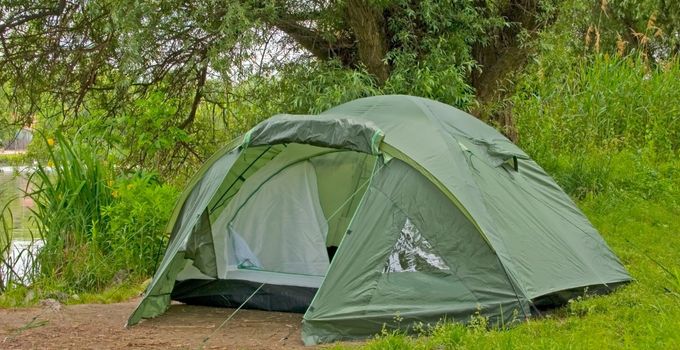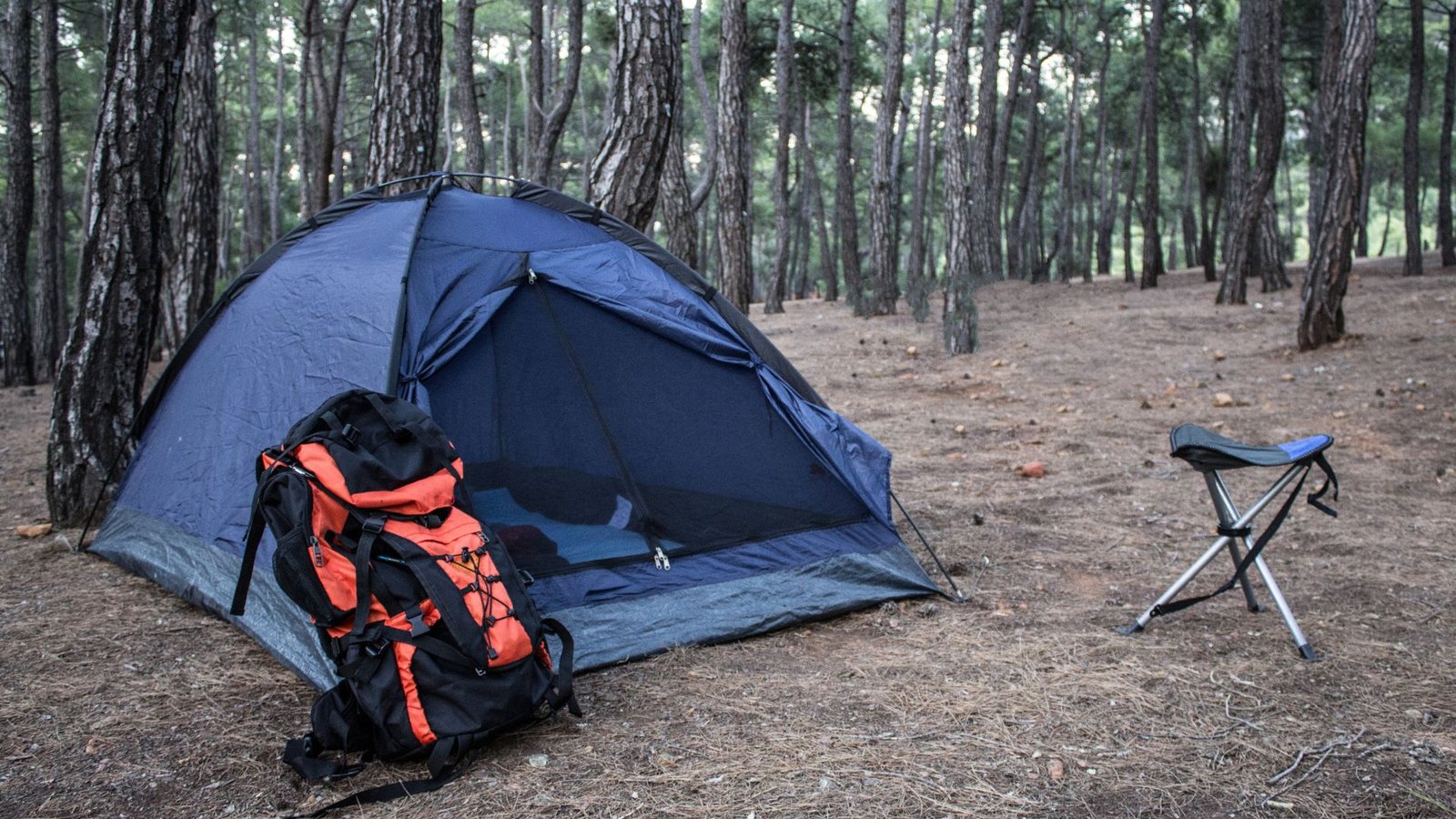Backpacking tents are popular among hikers and nature lovers who go on less traveled paths. In spite of the fact that backpacking tents are smaller, lighter, and more portable, what intrigues us is how long do backpacking tents last. Trust me, There is no Hard and fast rule to estimate its durability.
How long do tents last in days?
The lifespan of backpacking tents can vary from 10 years to just one. There is no definite answer to how long a tent will last, but you can determine its lifespan by how you take care of it.
It is estimated that light camping tents will last approximately 100 to 300 days while heavy tents last around 300 to 1500 days. Tent use only counts on days when it is set up outdoors.
It is equivalent to 10 years if you camp for 10 nights a year, and to 5 years if you camp around 20 nights a year. In general, tents last five years on average. Meanwhile, I’ve known friends whose tents only lasted two or three trips. That is such a disappointment.
Based on personal experience, friends’ opinions, and forum answers, I find that tent durability depends on many factors, including size, material, care, weather conditions, and how often you use it. Below I will elaborate on this answer.
How Long do Backpacking Tents Last ( 7 Deciding Factors)
Tent life cannot be defined definitively, but certain factors influence it. Here I discussed them.
1. Tent capacity
Tent size matters because it usually represents the number of people who will stay in it. An item that has been used by three or four people will be damaged sooner than one that has been used by one person. Due to this, single-person dome tents are more durable than multi-person tents.
2. Durability of different Tent Materials
A backpack tent’s durability varies depending on its material.

Lightweight polyester A cheap retail tent is probably made from lightweight polyester. Typically, it lasts between 80 and 200 days.
Medium-weight polyester tent material has a life span of around 150 to 300 days.
Nylon tent is durable for 100 to 300 days with a one-sided coating.
Nylon coated on both sides Most high-quality tents are made of nylon coated with silicone on both sides. Such tents have a lifespan of around 150 to 500 days.
Nylon tents have a silicone coating, while polyester tents have a polyurethane coating. Since silicone is very resistant to UV radiation, nylon tents tend to last longer.
Light cotton fabric These tents (120-200 grams per square meter) last between 100 and 300 days.
3. Tent Type (Do Backpacking Tents Last Longer Than Other Tent Types?)
Expedition-style tents, for example, are more durable and better suited for long-term use due to the presence of more poles than backpacking tents. In comparison to certain cotton canvas, poly-cotton, and military tent types, backpack tents are less durable.
4. The way you store the tent (Do tents degrade in storage?)
Tents can last several years in store if taken care of. They should be rolled up rather than folded tightly to prevent creases.
Tents should be stored in a dry place so that mold won’t grow on them or they won’t smell like feet.
5. Frequency of Use

Generally, the more you use your tent, the faster it wears out and the poles tend to break.
The majority of campers only use their tents during the summer months, perhaps 10 days or 12 in a year. In spite of frequent use, proper care and maintenance can mitigate the wear and tear on your tent.
6. Keeping your tent clean
Leaving your tent dirty allows dirt to build up and damage its fabric. For your tent to remain functional during rough conditions, keep the tent clean. Taking a few minutes to clean a tent can prove very valuable in the future
7. Weather conditions
UV Rays. Your tent’s fabrics are susceptible to damage and deterioration due to prolonged exposure to the bright sun. Weekend trips will not cause too much damage, but summer trips will. UV rays damage tents. Some materials, such as nylon or polyester, shrink or deform in hot weather.
Rain. Keeping the fabric exposed to rainwater and not allowing it to dry could cause the material to degrade. This could lead to the development of mold and mildew,
Wind. Tent poles can bend or break, affecting the tent’s integrity. Fortunately, tent poles can usually be repaired or replaced without much difficulty. You can lose tent pole sockets and seams due to insane winds.
How to choose a tent
- Sleeping capacity: the number of people likely to sleep there
- Construction of tents according to weather conditions
- In terms of weight, ounces carried vs. dollars spent
- It’s easy to live in, with well-located interior space, ease of access, and ease of setup.
Care and Maintenance
- Choose the campsite wisely
- Before you place your tent down, lay down a tarp or tent footprint to protect the bottom of your tent.
- Spray the tents with a UV & Waterproofing spray. Lastly, seal the tent’s seams with a roll-on seam sealer. Tents won’t remain waterproof forever, which many people don’t know. Tents bought from the store often require an additional coat of waterproofing right away. After six to twelve months, further applications may be made.
- For rain and UV rays, your tent should be serviced every 6 to 12 months to ensure maximum protection.
- In the event of high winds, if you are able to do so, you should take down your tent and wait them out.
- To keep it clean while packing, flip it inside out.
- Last but not least, make sure your tent is stored properly, checked for wear and tear, and repaired as soon as possible in order to avoid further damage.
These tips will make your tent last longer
- Washing machines, dryers, and detergent should not be used to clean tents. It will deteriorate the protective coating and seams of the tent.
- Make sure the zippers are cleaned with water in order to minimize the likelihood of sand or dirt getting stuck inside.
When to replace a Tent?
Discolored tent fabrics indicate worn UV protection. When this happens, the fabric must be replaced. Take note of holes, dents, or holes in the seams that indicate wear.
If your tent is no longer able to protect you from the rain or the elements, you need a new tent.
Conclusion
I think I have answered your question “How long do backpacking tents last.” If you find anything worth sharing, feel free to share it in the comment box.
